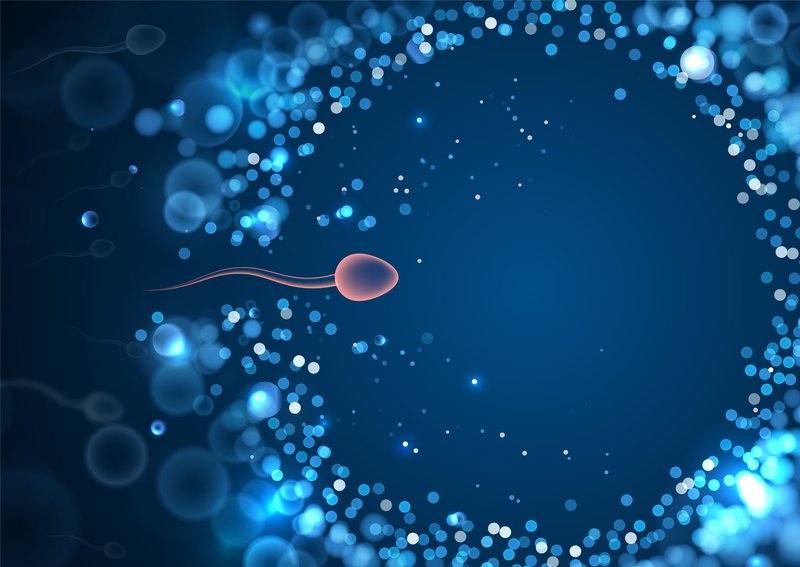Scientists want to send sperm to the moon
Updated | By East Coast Radio
Human beings are insuring their future with the most elaborate back-up plan in history.

In Svalbard, Norway there is a very special vault called the 'Doomsday' seed vault.
READ: Blue Ivy wins her first Grammy!
Inside of this vault is over a million crop samples that have been gathered from every country in the world, and it is being stored inside of this vault in case there are any major apocalyptic events or global catastrophes that could destroy the Earth's biodiversity.
People all over the world have agreed that this 'Doomsday' vault is a brilliant idea.
READ: Sky Tshabalala shares heartfelt message with healthcare workers after loss of his mother
Now another group of scientists might have used this vault as the inspiration for their new 'global insurance policy', although theirs has one major difference - they're hoping to take it out of this world.
Recently a team of researchers from the University of Arizona presented their plan to save human beings from extinction and it involves sending an "ark" filled with 6.7-million different species' sperm and ova samples to the moon.
READ: Is 'Pandemic Fatigue' a real thing or an excuse? Prof Tulio de Oliveira explains
According to an IFL Science report, Jekan Thangavelautham, one of the study's authors, said in his presentation on the paper (titled Lunar Pits and Lava Tubes for a Modern Ark) that the millions of samples will be making their way to the moon through multiple voyages, and they calculated that it could take around 250 flights to fill the ark to its capacity.
But where exactly will the ark be located?
The vault will be situated beneath the moon's surface in what is referred to as a "lunar pit".
READ: Matthew McConaughey to follow in Arnold Schwarzenegger's footsteps?
They will also prevent the samples from freezing completely or from fusing together in the sub-zero temperatures found beneath the moon's surface by powering the facility using solar panels.
The ultimate goal is to preserve enough material to ensure that the earth can be repopulated after a catastrophic disaster, such as a deadly pandemic, a super-volcanic eruption, an asteroid (which has been a very possible reality in the past), or a large-scale nuclear war - you get the idea.
READ: WATCH: Dance into the weekend with Jethro Tait and Craig Lucas
While total human extinction would not be ideal, you can at least be content with knowing that humans might leave earth but will continue to make the universe their home.
In the words of Darren Maule: "Scientists are often the canary in the coal mine."
For more of the best Darren, Keri, and Sky moments, listen here:
Main image courtesy of iStock
Show's Stories
-
The world's most stressed-out countries
Which country needs a vacation the most? A new study ranks the most stre...
Stacey & J Sbu 19 hours ago -
"I've been driving for five years and I still can't park!"
This woman asks a pretty obvious question: why do instructors use poles ...
Danny Guselli 19 hours ago